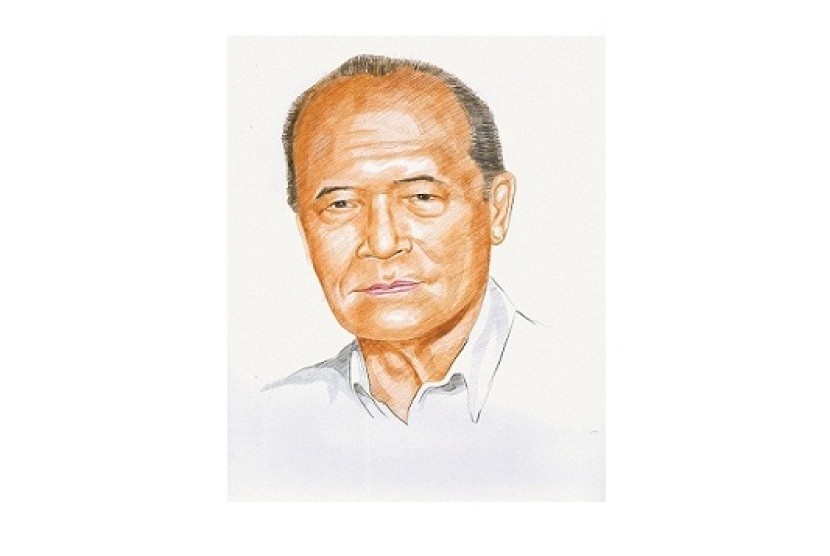REPUBLIKA.CO.ID, By: Ahmad Syafii Maarif
SOS stands for save our souls, save our ship, send out succor was first used by the German government in radio regulations that became effective on April 1, 1905. On November 3, 1906, was signed as a standard that is followed by many countries under the International Radio telegraphic Convention which effective on July 1, 1908. SOS became a maritime radio distress signal until 1999, then replaced by Global Maritime Distress and Safely System.
But SOS is still recognized as a visible danger signal until this day. Well, what about the morals of the nation which are in a SOS situation which visible in various domains of life?
Whichever definition you used, SOS is a danger sign that could be seen by the naked eye in the life of this nation. The most rowdy now was the threat of plastic rice which spread in various regions. How could traders selling rice containing danger to the buyer. Because ruination of moral considerations for the sake of reaps a quick profit, then human life was considered mild.
It was synthetic rice which recently discovered. If the dangers of drugs and HIV / AIDS which has claimed the lives of thousands of the nation's children every day plus the corruption that has not seemed to point the tip of its eradication, the rate for the nation’s SOS is already almost at the fourth stage if it observed in the side of moral and health.
In the midst of the shaky moral being, most of our politicians did not want to bother the danger at all. I doubt if they had a chance to think about the fate of this nation in earnest with a view to the future. Their attention seemed nonetheless transfixed and mesmerized by the plan of local election on this year. Preparation of political steps centralized by local elections which financed by APBN / APBD (state budgets/ local budgets) with state spending could reach hundreds or even thousands billion.
How high cost of implementation of democracy in this country with the result that almost no relation to the prosperity level. People might quibble, volume II of our new democracy began in the reformation era, and it still requires time to be more mature and efficient to approach the goal of independence. It was not wrong to think such way, but the maturity process could be accelerated if only the politicians want to increase class became statesman. The willingness, to the next class which was, not yet visible of the signs until today.
It was true that the movement of reformation that reopened a faucet democracy after it disappeared since 1959, but if we open the document in the history of our national movement, nationalism was inseparable from democratic ideals. Soon this country will reach the age of 70 years, why Indonesian democracy is still hobbling?
I disagree with the opinion said that to create a healthy and strong democracy requires the centuries. If we follow the opinion of Bung Hatta, a requirement for a healthy democracy was actually not very complicated, that their sense of responsibility and tolerant to face the difference.
What I worry about is in the midst of moral atmosphere which already at the SOS level, our democracy direction is increasingly unclear. The elite of political parties were very easy disunited without any fundamental reason. If on the past, conflict between Tan Malaka with his political opponents in the PKI could be understood. Tan Malaka was against the communist insurgency in 1926/27, because its conditions for success were zero.
For Tan Malaka, the insurgency was tantamount to suicide. And Tan Malaka’s estimates fully supported the reality of history: PKI was a mess. Trying to compare with the current party which on the split, must not be separated from the calculations of short-term politics. There was no underlying ideology. That there must be amoral political pragmatism.
Finally, there is the key question that I cannot answer: why the religion and Pancasila failed to fix nation’s moral? I don’t know, dude!


